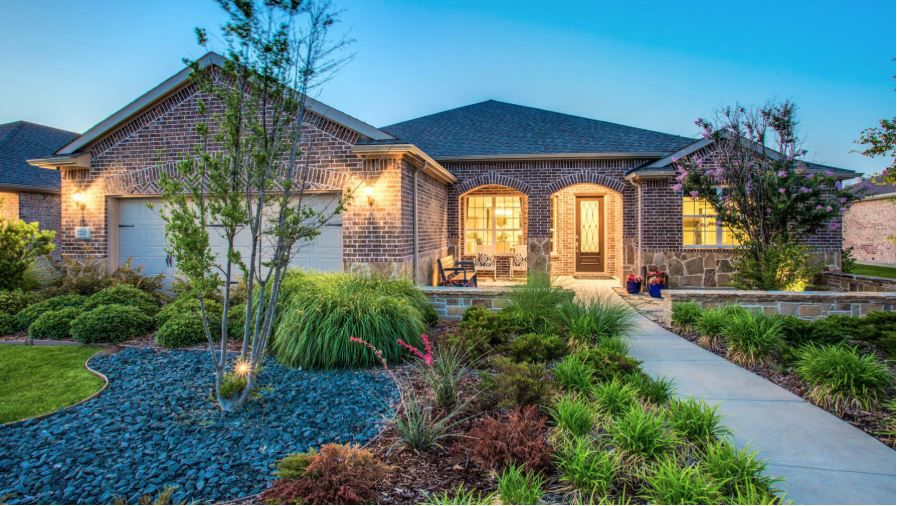
Caregiver, you might be curious about how to avoid the stigma surrounding nursing homes. This article will discuss the regulations, staffing, and financial help available. You may be able to find alternatives to nursing homes. Make sure you read the regulations thoroughly and ask any questions of staff if you're thinking about moving your parent into nursing home. Moving in with your adult children is another option.
Alternatives to Nursing Homes
A staggering 70% of American adults will eventually need long term care in a nursing home. However, many seniors prefer to remain at home. Because they provide greater independence than traditional senior care facilities, many families are searching for alternatives to nursing home. There are many choices for nursing home options today. Here is a list with the most common options. They differ in terms of price, care level, and services offered.
Medicaid-funded assisted live is another alternative to nursing homes. Assisted living facilities are community-based housing that provides supervision and limited medical service. Assistive living facilities provide assistance to residents in their daily activities such as meal preparation and reminders for medication. Some programs even provide 24-hour assistance. Medicare-funded assisted living also offers the possibility of staying in the same home, but with more flexible care options. You may also have the option to set up a personal emergency system to alert caregivers in case a resident needs medical assistance.

Regulations
Nursing homes are regulated by both the federal government and the state governments. CMS has set requirements for the regulations. For example, nursing homes must have a minimum number of nurses working a shift, as well as a minimum amount of resident beds. The nursing homes must follow specific procedures for admitting new residents. They should also reassess each year. The residents also have the right to refuse medication, but nursing homes should still honor their wishes.
In order to improve the quality and safety of nursing homes, the government has announced new standards. These new standards will protect vulnerable residents and punish bad actors. The Administration is committed towards protecting vulnerable residents, and protecting the health-care heroes. They want to ensure that seniors and people living with disabilities are respected. These regulations are an important step towards achieving this goal. This new rule will protect residents and provide high-quality care.
Staffing
Many providers are having difficulty finding staff, but others are asking employees to work longer hours and shifts in order to make ends met. Diondre, a certified nurse assistant, must care for at least 20 residents in Charlotte during a shift. These challenges are a result of tight staffing among nursing homes. Some states have set minimum requirements for staffing in nursing homes.
The committee examined the statutory requirements, site visit data, public testimony, extensive research literature, and public testimony. The committee deliberated for a long time on these issues. After all, the issue of staffing levels in nursing homes is crucial to the health and well-being of our aging population. These new rules will not be effective if there are adequate staffing levels in nursing homes. But how do we know how to make the best use of our resources?

Financial assistance
Medicaid may be available to help pay the nursing home costs. Medicaid only covers nursing home care for residents with low income. Long-term care insurance may also help with nursing home costs, as the cost of skilled nursing care can reach $200 per day. Medicaid can be used to pay for a nursing facility stay for residents who are either low-income or not insured. There are other resources that may be available for residents who do not qualify for Medicaid.
Medicaid is a federal government program that covers nursing home costs for those who are disabled or unable to care for their elderly at home. The guidelines of the program state that the recipient must be unable care for themselves at their home. Medicaid coverage requires that the person meet certain financial requirements. These are based on their age, marital status, as well as other factors. Once Medicaid covers the cost of the care, the nursing home has to accept the coverage.